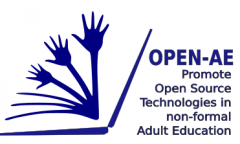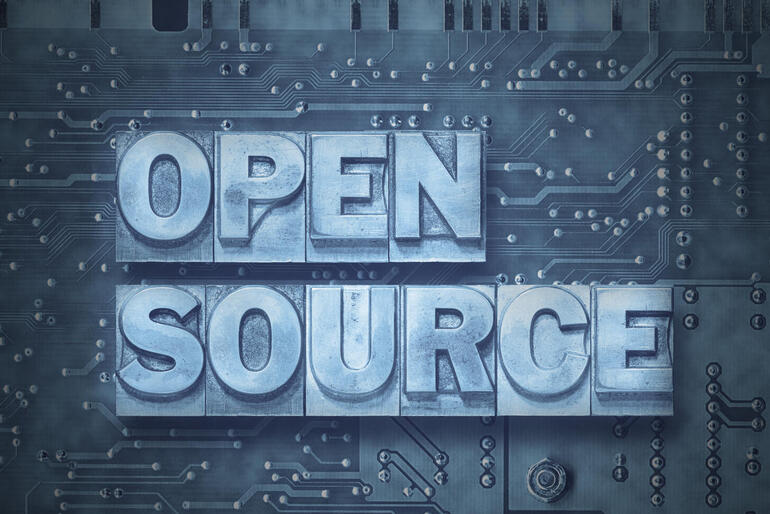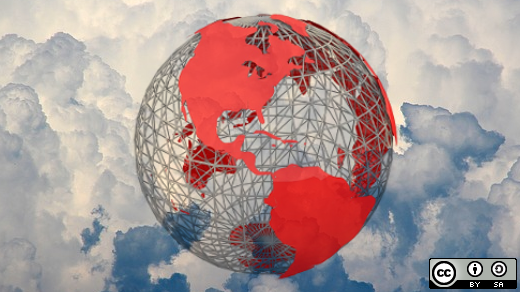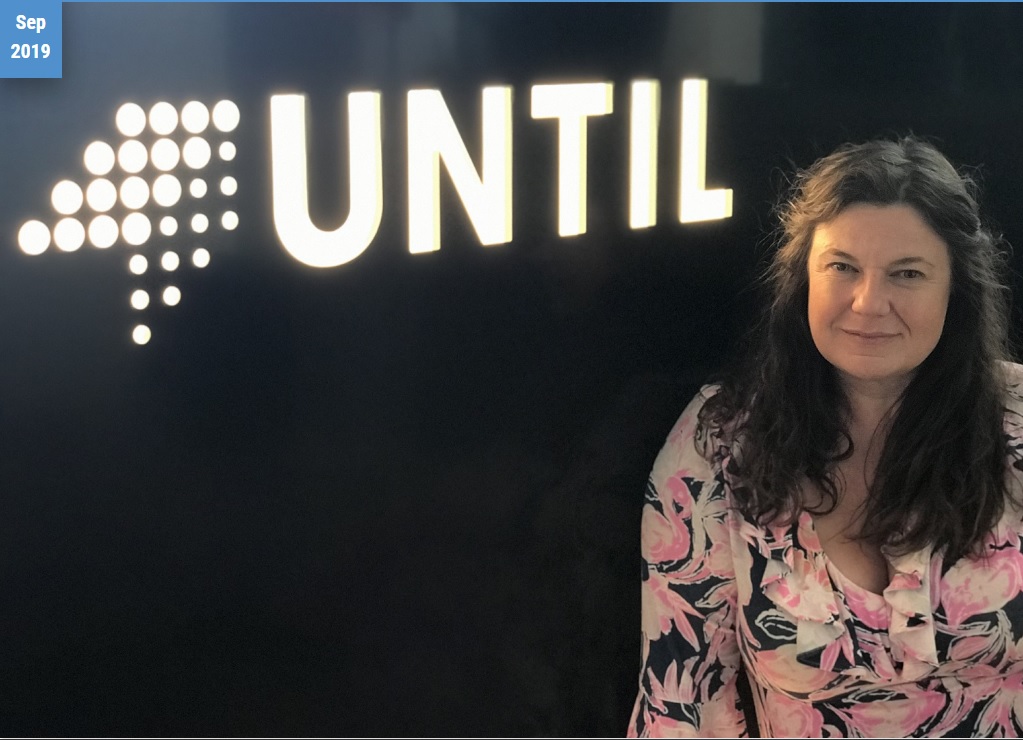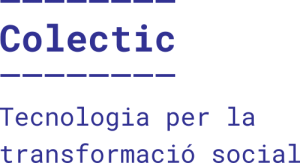1. Short introduction about Colectic
Colectic (formerly known as El Teb) is a non-profit cooperative that works for the inclusion, autonomy and empowerment of people and communities in the social, labour and technological fields. We understand and use technology as a tool for participation and social transformation. We work to promote universal access to ICT, by training and accompanying groups, social organizations and organizations from the Social and Solidarity Economy.
2. What is the background of Colectic in open and free technologies?
We believe that the technology is a just a tool
-a very good one- to promote autonomy and help people to be empowered; that’s
why we work to promote universal access to ICT by providing training
opportunities and accompanying social groups and organizations within the use
of the technological services, tools and sources, and to be able to develop
their own potencial.
We work into the social and solidarity economy
(the opposite to the private and governed by capitalist logics one) and, as a
consequence, we’re committed to encourage citizenships to be creative and not
just “technology consumers”, to be capable of manage the sources they need to
find answers to their own needs and motivations. We promote FLOSS, open
software and hardware, because we believe that technology must be a common
good, guaranteed and non exclusiva in the knowledge society.
In this sense, Colectic offers and favors
learning spaces in groups, in the community, and in the exploration of this
type of technologies (such as our digital laboratory RavalFab -where people
learn to learn how to do digital manufacturing or our Omnia
Room -a computers room that we dedicate to digital literacy). We not only do it
in our territory, the Raval neighborhood of the city of Barcelona, but we also
do an important job advising, training and providing technical assistance to
telecentre networks (digital training centers), and especially to the profiles
of the decision makers of the local and regional administrations and to digital
facilitators and trainers.
3. Can you highlight any projects or initiatives your organisation has done in open culture or free software? How do you see your organisation contributing to the open movement?
Besides offering learning spaces and
consulting, advise and assessment, we have performed different migrations of
computer’s operating system (from private networks of computers to open
software network of computers), websites, productivity programs, etc. We have a
long trajectory of accompaniment in the migration to free program to social
entities too.
We also work on the advocacy level, as we
promote the Floss culture by writting different articles in a web page
dedicated to social entities and volunteers
(see http://xarxanet.org/etiquetes/general/sobirania-tecnologica)
Colectic also co-organize the TecnoFESC (a fair) an
space where you can find the main entities, cooperatives and companies that
work in the technological world from a point of view of solidarity
economy. Through TecnoFESC you can learn
to promote open, free and neutral telecommunications, sustainable management
and revaluation of computer equipment and public procurement responsible for
electronic equipment to improve working conditions in producing countries. You
will also find providers of technological services of the social and solidarity
economy and drivers of technological procommunication, and will include the
strategic use of telecommunications for the development of social justice. If
you’re at Barcelona from 25 to 27 October 2019, you will be very welcome.
4. What challenges with integrating free software and open source in the training of low-skills adults came up in your research?
Colectic’s focus group participants are people who are specially sensitized in relation to the use of open technologies and open resources, and they considered that they are part of a group of privileged people who, through individual and self-directed learning strategies, have accessed a set of relevant knowledge in this environment. They promote and use this type of resources intensively.
The participants are aware that, to this day,
the Catalan telecentre network (formed by more than 400 centers, more than half
of them based on the exclusive use of the free and open software) uses free
software for training. However, they are skeptical about the adherence of their
colleagues and, especially, of the people in charge (management staff of the
centers and telecentre networks project management staff) of the training
centers.
In their opinion, companies, citizens and
administration are very reluctant to adopt this type of open software and open
educational resources.
It is necessary to generate a good curriculum
based on open technologies and resources and generate strategies to keep it
updated on a permanent basis, to avoid that the curriculum becomes obsolete
with the passage of time.
On the other hand, they consider it is
necessary the curriculum to be complete (include resources for all areas of
competences) and that it must be accompanied by a guide of recommendations for
its adoption. Especially institutions and governments should find it easy to
implement.
What do you hope to achieve with the Open-AE project?
We hope we will find an easy path to help
people, collectives and governments to use and promote FLOSS. Building an
international community will help, for sure.
